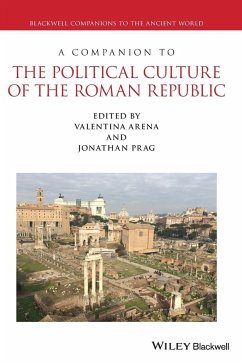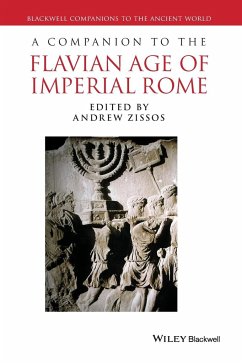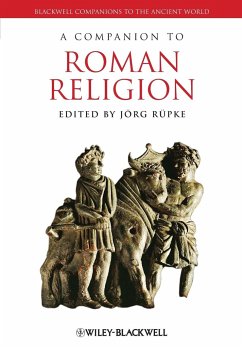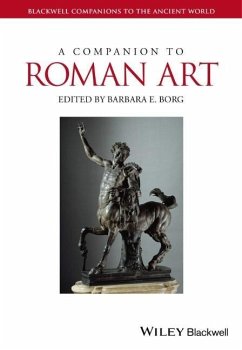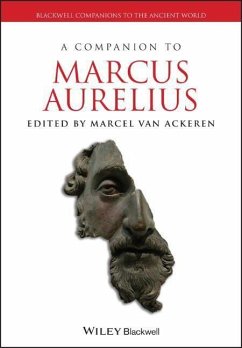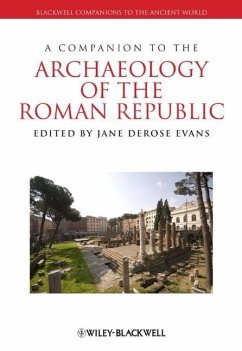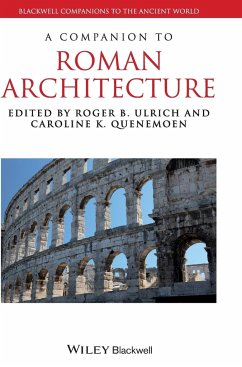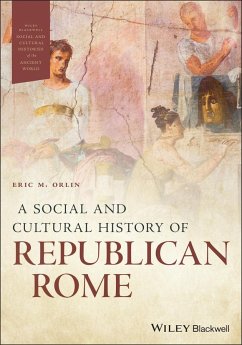Nicht lieferbar
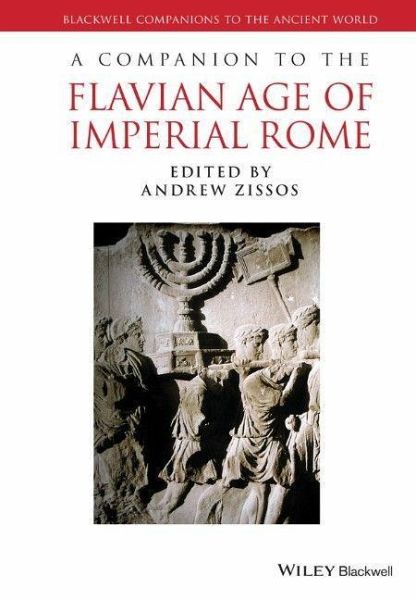
COMPANION TO THE FLAVIAN AGE OF IMPERIAL
A Companion to the Flavian Age of Imperial Rome provides a systematic and comprehensive examination of the political, economic, social, and cultural nuances of the Flavian Age (69-96 CE)._ Includes contributions from over two dozen Classical Studies scholars organized into six thematic sections_ Illustrates how economic, social, and cultural forces interacted to create a variety of social worlds within a composite Roman empire_ Concludes with a series of appendices that provide detailed chronological and demographic information and an extensive glossary of terms_ Examines the Flavian Age more ...
A Companion to the Flavian Age of Imperial Rome provides a systematic and comprehensive examination of the political, economic, social, and cultural nuances of the Flavian Age (69-96 CE).
_ Includes contributions from over two dozen Classical Studies scholars organized into six thematic sections
_ Illustrates how economic, social, and cultural forces interacted to create a variety of social worlds within a composite Roman empire
_ Concludes with a series of appendices that provide detailed chronological and demographic information and an extensive glossary of terms
_ Examines the Flavian Age more broadly and inclusively than ever before incorporating coverage of often neglected groups, such as women and non-Romans within the Empire
_ Includes contributions from over two dozen Classical Studies scholars organized into six thematic sections
_ Illustrates how economic, social, and cultural forces interacted to create a variety of social worlds within a composite Roman empire
_ Concludes with a series of appendices that provide detailed chronological and demographic information and an extensive glossary of terms
_ Examines the Flavian Age more broadly and inclusively than ever before incorporating coverage of often neglected groups, such as women and non-Romans within the Empire





